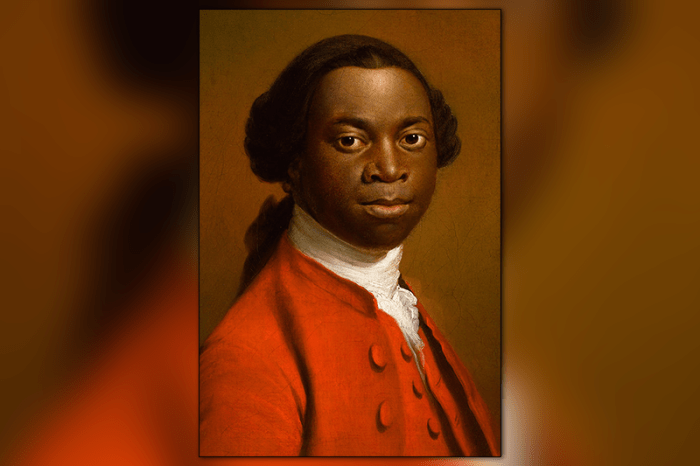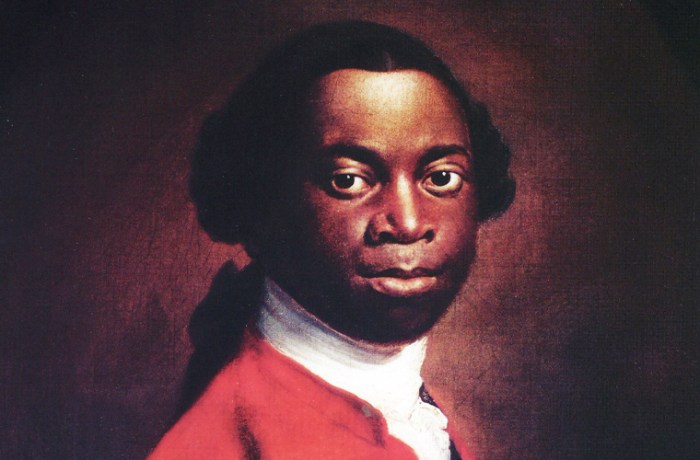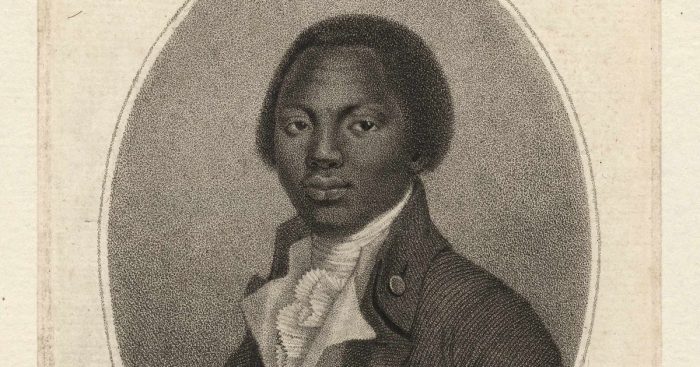Works like the autobiography of Olaudah Equiano helped expose the horrors of slavery and challenge racist stereotypes, making it a pivotal tool in the abolitionist movement.
Olaudah Equiano’s autobiography, published in 1789, provides a firsthand account of the transatlantic slave trade and the experiences of enslaved Africans. Equiano’s narrative combines elements of autobiography, travelogue, and social commentary, offering a unique and valuable perspective on the horrors of slavery.
Olaudah Equiano’s Narrative as a Historical Account
Olaudah Equiano’s autobiography, The Interesting Narrative of the Life of Olaudah Equiano, or Gustavus Vassa, the African, is a seminal work in African American history. Published in 1789, it provides firsthand insights into the transatlantic slave trade and the experiences of enslaved Africans.
Equiano’s Narrative as a Historical Document
Equiano’s narrative is a valuable historical document for several reasons. It offers a detailed account of his experiences as a slave in the West Indies and the American colonies. He describes the brutality of the slave trade, the conditions on slave ships, and the horrors of plantation life.
His account provides a unique perspective on the horrors of slavery and the resilience of the enslaved.
Equiano’s narrative also sheds light on the lives of free Blacks in the 18th century. After purchasing his freedom, he traveled extensively and became involved in the abolitionist movement. His autobiography provides insights into the challenges and opportunities faced by free Blacks in the antebellum period.
Equiano’s Narrative as a Literary Work

Equiano’s narrative is not only a historical document but also a significant literary work. It combines elements of autobiography, travelogue, and social commentary.
Equiano’s Literary Style and Narrative Techniques, Works like the autobiography of olaudah equiano helped expose
Equiano’s writing style is vivid and engaging. He uses vivid imagery and storytelling techniques to bring his experiences to life. He also employs a variety of literary devices, such as foreshadowing, irony, and satire, to convey his message.
Equiano’s narrative is also structured in a way that builds suspense and creates a sense of urgency. He begins with his capture in Africa and ends with his purchase of freedom. Along the way, he recounts his experiences in a series of episodes that build to a powerful climax.
Equiano’s Narrative as a Tool for Abolition

Equiano’s narrative played a significant role in the abolitionist movement. It exposed the horrors of slavery and challenged racist stereotypes.
Equiano’s Impact on the Abolitionist Movement
Equiano’s narrative was widely read and influential in the late 18th and early 19th centuries. It helped to shape public opinion about slavery and galvanized abolitionists. Equiano’s account of his own experiences provided a powerful argument against the institution of slavery.
Equiano’s narrative also helped to challenge racist stereotypes. He presented himself as an intelligent and articulate man, contradicting the prevailing view of Blacks as inferior. His autobiography helped to humanize the enslaved and to show that they were capable of great achievements.
Equiano’s Narrative and the Construction of Black Identity
Equiano’s narrative also played a role in the construction of Black identity in the 18th and 19th centuries.
Equiano’s Narrative as a Model for Black Self-Representation
Equiano’s narrative provided a model for Black self-representation. He wrote his autobiography in a style that was both accessible and dignified. He presented himself as a complex and multifaceted individual, capable of both great suffering and great triumph.
Equiano’s narrative helped to challenge prevailing notions of racial inferiority. It showed that Blacks were capable of intellectual and literary achievement, and that they deserved to be treated with respect.
Equiano’s Narrative in Contemporary Scholarship: Works Like The Autobiography Of Olaudah Equiano Helped Expose

Equiano’s narrative continues to be studied and interpreted by historians, literary critics, and cultural theorists.
Ongoing Significance of Equiano’s Narrative
Equiano’s narrative remains a valuable source of information about the transatlantic slave trade and the experiences of enslaved Africans. It is also a significant literary work that has had a profound impact on African American history and culture.
Recent scholarship on Equiano’s narrative has focused on a variety of topics, including his use of language, his representation of gender and sexuality, and his impact on the abolitionist movement. Equiano’s narrative continues to be a rich and complex text that offers new insights into the history of slavery and the African diaspora.
Question Bank
What is the significance of Olaudah Equiano’s autobiography?
Olaudah Equiano’s autobiography is a significant historical document that provides firsthand insights into the transatlantic slave trade and the experiences of enslaved Africans.
How did Equiano’s autobiography contribute to the abolitionist movement?
Equiano’s autobiography exposed the horrors of slavery and challenged racist stereotypes, galvanizing public opinion and influencing abolitionists.
What are the literary techniques used by Equiano in his autobiography?
Equiano’s autobiography combines elements of autobiography, travelogue, and social commentary, using language, imagery, and storytelling techniques to convey his experiences.
